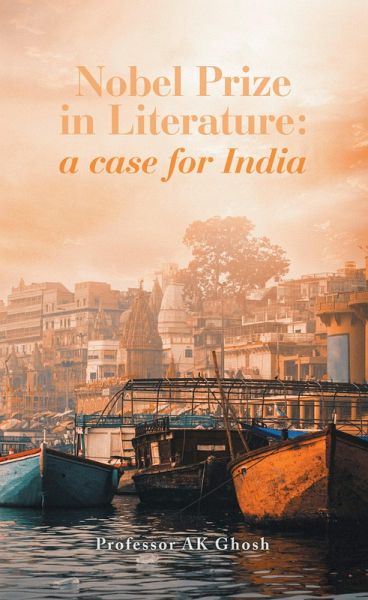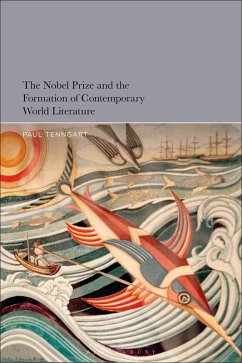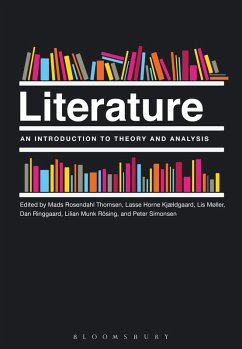
Nobel Prize in Literature: a case for India (eBook, ePUB)
Versandkostenfrei!
Sofort per Download lieferbar
2,99 €
inkl. MwSt.
Weitere Ausgaben:

PAYBACK Punkte
1 °P sammeln!
Indian sub-continental writers of English fiction have always been confronted with onerous choices. Inheritors of literary tradition riddled with regional and linguistic finitude, the mere choice of a proper name hopelessly parochialize their stories. Many critics wonder why such writers did not write in their regional languages , the answer to which is that that would invite self-exile from the common market of world literature. Translations, even the best of them, remain surrogate.It is, therefore, all the more satisfying that during the recent decades, writers born on the subcontinent like ...
Indian sub-continental writers of English fiction have always been confronted with onerous choices. Inheritors of literary tradition riddled with regional and linguistic finitude, the mere choice of a proper name hopelessly parochialize their stories. Many critics wonder why such writers did not write in their regional languages , the answer to which is that that would invite self-exile from the common market of world literature. Translations, even the best of them, remain surrogate.It is, therefore, all the more satisfying that during the recent decades, writers born on the subcontinent like Salman Rushdie, Hanif Kureishi, Vikram Seth,Amitav Ghosh and others have leaped into mainstream English fiction and elicited critical acclaim. Indian writers in English, despite being largely confined to a small, typical Indian backwater ~perhaps because of it ~ have attracted a good deal of attention here and abroad. They have brought to Indian literature a style and feel, a conviction and maturity all its own. We have started feeling like heading for a modern reconstituted Indian sensibility. But , after a long gap of Rabindranath Tagore's success, we may ask ourselves as to why Indians cannot write great literature. Perhaps, Matthew Arnold's phrase " lack of epochal significance " applies to the literary works emerging from our soil. Can we claim honestly that we have produced a single author who could match the great masters of Western literature? A Flaubert? A Faulkner? Joyce? A Tolstoy?
Dieser Download kann aus rechtlichen Gründen nur mit Rechnungsadresse in A, D ausgeliefert werden.













